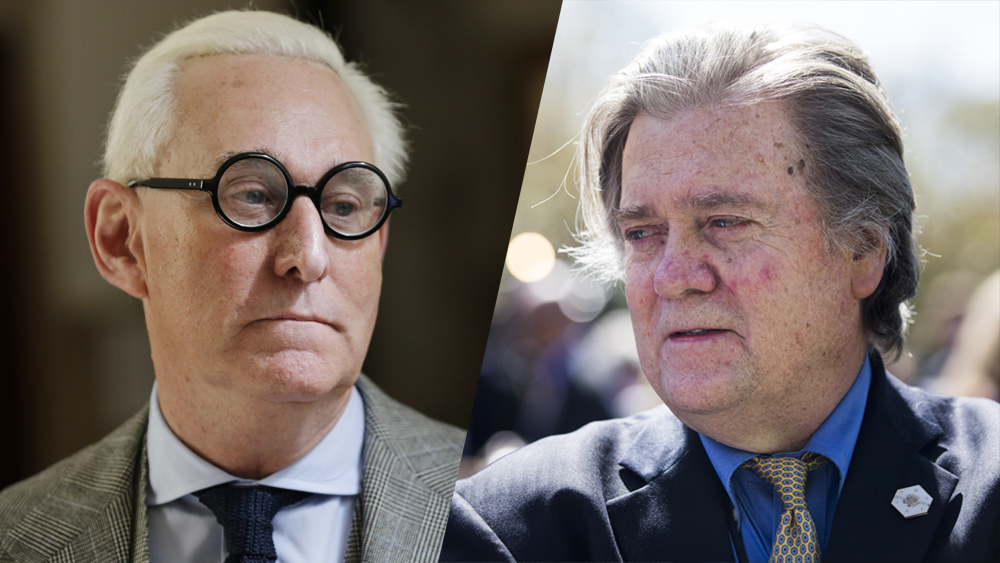The U.S. Senate Intelligence Committee is pursuing a wide-ranging examination of former White House adviser Steve Bannon’s activities during the 2016 presidential campaign.
Reuters reported today the committee is looking into what Bannon might know about any contacts during the campaign between Moscow and two advisers to the campaign, George Papadopoulos and Carter Page.
Papadopoulos, a consultant, initially advised the presidential campaign of Republican hopeful Ben Carson before joining the Trump campaign. Page is also a consultant, who had business contacts in Russia.
On Sept. 7, Papadopoulos was sentenced to 14 days in prison. He had pleaded guilty last year to lying to FBI agents about the timing and significance of his contacts with Russians, including a professor who told him the Russians had “dirt” on Trump’s Democratic presidential rival, Hillary Clinton.
No charges have been filed against Page.
The panel also will examine Bannon’s role with Cambridge Analytica, a former data analysis company that the Trump campaign hired to help identify and target messages to potentially sympathetic voters, the sources said.
The Washington Post reported yesterday that Bannon has been interviewed by the special counsel about longtime Trump ally Roger Stone’s private interactions with senior campaign officials and whether he had knowledge of politically explosive Democratic emails that were released in October 2016.
As part of his investigation into Russia’s interference in the 2016 campaign, special counsel Robert Mueller appears to be focused on the question of whether WikiLeaks coordinated its activities with Stone and the campaign, including the group’s timing.
Stone and WikiLeaks have adamantly denied being in contact.
Sources said the Senate Intelligence committee has sought to interview other witnesses about the role played by Cambridge Analytica and affiliated companies in the 2016 election.
Earlier this year it was reported that Cambridge Analytica had collected the personal data of millions of people’s Facebook profiles without their consent and used it for political purposes. Facebook later apologized to users for the data breach.
